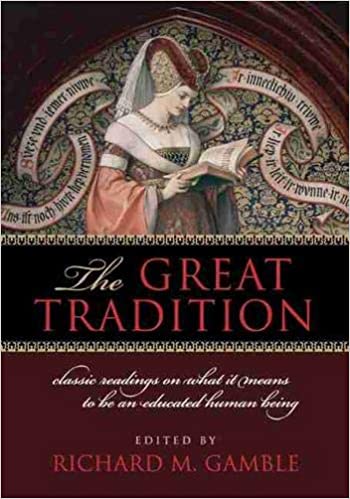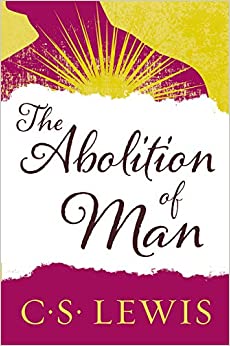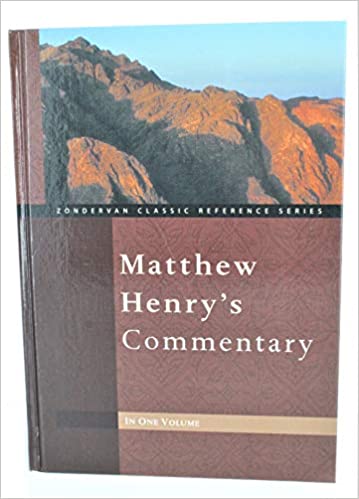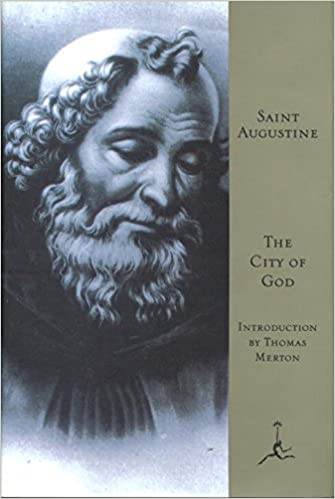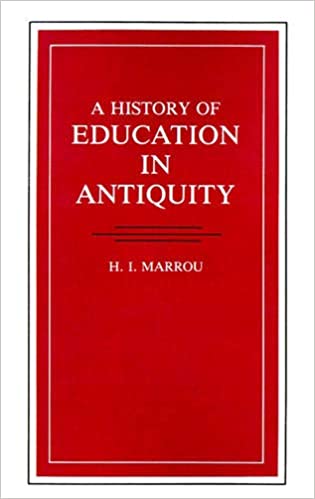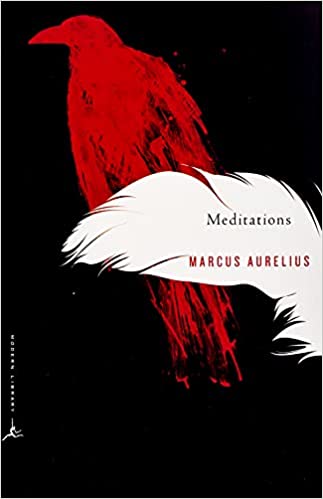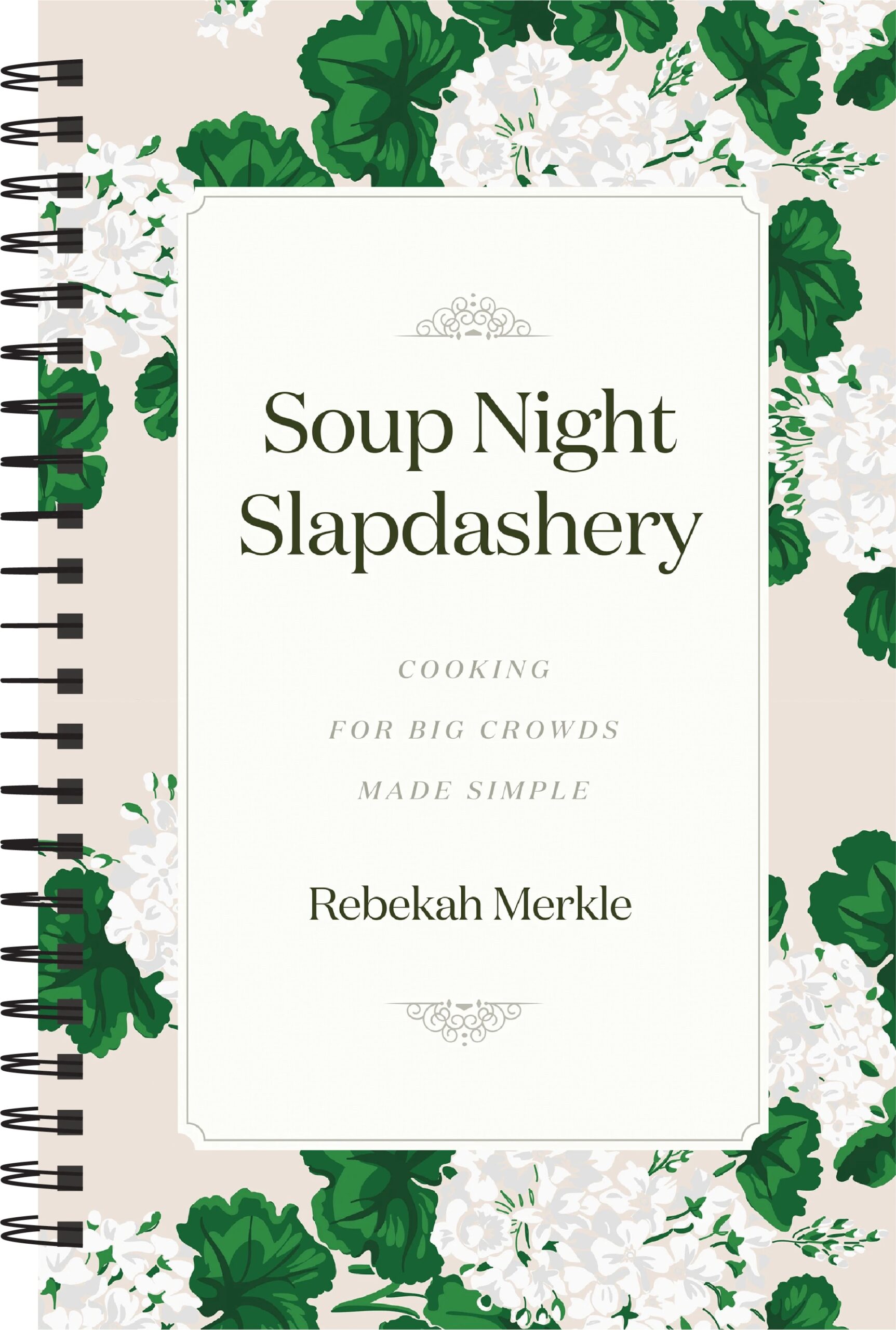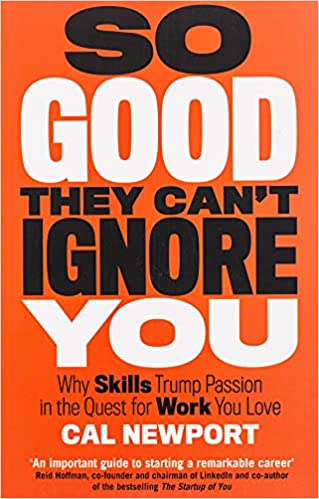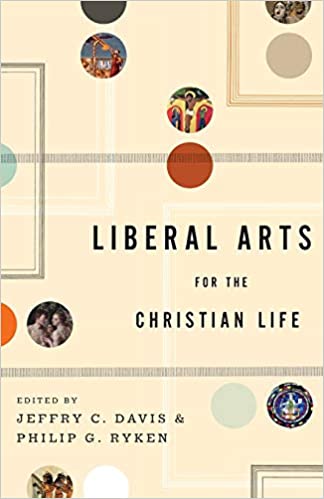On Christian Teaching
The De Doctrina Christiana ("On Christian Teaching") is one of Augustine's most important works on the classical tradition. Undertaken at the same time as the Confessions, it sheds light on the development of Augustine's thought, especially in the areas of ethics, hermeneutics, and sign theory. This completely new translation gives a close but updated representation of Augustine's thought and expression, while a succinct introduction and select bibliography present the insights of recent research.
More info →The Great Tradition: Classic Readings on What It Means to Be an Educated Human Being
Frustrated with the continuing educational crisis of our time, concerned parents, teachers, and students sense that true reform requires more than innovative classroom technology, standardized tests, or skills training. An older tradition—the Great Tradition—of education in the West is waiting to be heard. Since antiquity, the Great Tradition has defined education first and foremost as the hard work of rightly ordering the human soul, helping it to love what it ought to love, and helping it to know itself and its maker. In the classical and Christian tradition, the formation of the soul in wisdom, virtue, and eloquence took precedence over all else, including instrumental training aimed at the inculcation of "useful" knowledge.
Edited by historian Richard Gamble, this anthology reconstructs a centuries-long conversation about the goals, conditions, and ultimate value of true education. Spanning more than two millennia, from the ancient Greeks to contemporary writers, it includes substantial excerpts from more than sixty seminal writings on education. Represented here are the wisdom and insight of such figures as Xenophon, Plato, Aristotle, Seneca, Cicero, Basil, Augustine, Hugh of St. Victor, Bonaventure, Thomas Aquinas, Martin Luther, John Calvin, Erasmus, Edmund Burke, John Henry Newman, Thomas Arnold, Albert Jay Nock, Dorothy Sayers, C. S. Lewis, and Eric Voegelin.
More info →The Abolition of Man
From Amazon: "In the classic The Abolition of Man, C.S. Lewis, the most important Christian writer of the 20th century, sets out to persuade his audience of the importance and relevance of universal values such as courage and honor in contemporary society. Both astonishing and prophetic, The Abolition of Man is one of the most debated of Lewis's extraordinary works. National Review chose it as number seven on their 100 Best Nonfiction Books of the Twentieth Century."
More info →Matthew Henry’s Commentary on The Whole Bible
Matthew Henry's Commentary on the Whole Bible is well-known and well-loved. His commentary is aimed primarily at explanation and edification, as opposed to textual research. Comprehensive, this commentary provides instruction and encouragement throughout. Although written in an older style, Matthew Henry's Commentary on the Whole Bible is worth studying and is useful for pastors, theologians, and students of the Bible.
More info →City of God (Modern Library version)
First published in the first part of the 5th century A.D., “The City of God” is Saint Augustine’s highly influential work of Christian philosophy. This expansive theological work provided an articulate defense of Christianity against the claims that it lead to the downfall of Rome in the years preceding its publication. It outlines a citizenship that goes beyond the worldly, the political, and the self-centered, instead focusing on a place where the inhabitants are devout, God-focused, and seeking grace. In examining history with a clear perception of good and evil, Augustine was in effect interpreting human actions in relation to eternity. He contrasts earthly and heavenly cities to great effect, in addition to inspecting pagan religions, Greek philosophers like Plato, and the Bible. A monumental influence upon Augustine’s contemporaries, “The City of God” is considered a foundational work of Christianity philosophy, which would establish Augustine of Hippo as one of the most important fathers of the Catholic Church, and continues to resonate with the Christian faith until this day.
More info →A History of Education in Antiquity
H. I. Marrou’s A History of Education in Antiquity has been an invaluable contribution in the fields of classical studies and history ever since its original publication in French in 1948. French historian H. I. Marrou traces the roots of classical education, from the warrior cultures of Homer, to the increasing importance of rhetoric and philosophy, to the adaptation of Hellenistic ideals within the Roman education system, and ending with the rise of Christian schools and churches in the early medieval period. Marrou shows how education, once formed as a way to train young warriors, eventually became increasingly philosophical and secularized as Christianity took hold in the Roman Empire. Through his examination of the transformation of Greco-Roman education, Marrou is able to create a better understanding of these cultures.
More info →Meditations
Nearly two thousand years after it was written, Meditations remains profoundly relevant for anyone seeking to lead a meaningful life.
Few ancient works have been as influential as the Meditations of Marcus Aurelius, philosopher and emperor of Rome (A.D. 161–180). A series of spiritual exercises filled with wisdom, practical guidance, and profound understanding of human behavior, it remains one of the greatest works of spiritual and ethical reflection ever written. Marcus’s insights and advice—on everything from living in the world to coping with adversity and interacting with others—have made the Meditations required reading for statesmen and philosophers alike, while generations of ordinary readers have responded to the straightforward intimacy of his style. For anyone who struggles to reconcile the demands of leadership with a concern for personal integrity and spiritual well-being, the Meditations remains as relevant now as it was two thousand years ago.
In Gregory Hays’s new translation—the first in thirty-five years—Marcus’s thoughts speak with a new immediacy. In fresh and unencumbered English, Hays vividly conveys the spareness and compression of the original Greek text. Never before have Marcus’s insights been so directly and powerfully presented.
With an Introduction that outlines Marcus’s life and career, the essentials of Stoic doctrine, the style and construction of the Meditations, and the work’s ongoing influence, this edition makes it possible to fully rediscover the thoughts of one of the most enlightened and intelligent leaders of any era.
More info →Soup Night Slapdashery
Do you want to cook for a large group of people but are overwhelmed by the prospect? Look no further! Make meals that are quick, classy, and easy to assemble.
The need to feed a crowd is a fact of life for many Christian communities, but it doesn’t exist anywhere else in the American social scene. Google “feed a big group” and you’ll get cute entertainment magazines with suggestions for caviar and soufflés for six, or, on the other hand, a mass of gray casseroles requiring only hamburger, cream of mushroom, and crushed Fritos.
Where are the actually delicious recipes for an actually large group—whether for a regular Bible study or a home group or a school event—where you don’t have to multiply the recipe by 16?
That’s why Rebekah Merkle has put together these soup night recipes with the scaling, menu, tips, and taste-testing fine-tuned from years in her own home.
If you want to take hospitality seriously but aren’t sure how, this is the book for you. It’s packed with no-nonsense practical advice about grocery runs, best kitchen utensils, soup-night logistics, budget- and time-saving tips, and husband-approved soup recipes (with bread and cinnamon rolls to go with).
Soup Night Slapdashery provides the 16 recipes you need to start practicing hospitality for big crowds. (Yes, regular-batch-sized recipes are included as well.) The great news is this won’t take you a week of prep. With this handy cookbook, you can easily feed a crowd with just a few hours of work.
More info →So Good They Can’t Ignore You
Cal Newport's clearly-written manifesto flies in the face of conventional wisdom by suggesting that it should be a person's talent and skill - and not necessarily their passion - that determines their career path.
Newport, who graduated from Dartmouth College (Phi Beta Kappa) and earned a PhD. from MIT, contends that trying to find what drives us, instead of focusing on areas in which we naturally excel, is ultimately harmful and frustrating to job seekers.
The title is a direct quote from comedian Steve Martin who, when once asked why he was successful in his career, immediately replied: "Be so good they can't ignore you" and that's the main basis for Newport's book. Skill and ability trump passion.
Inspired by former Apple CEO Steve Jobs' famous Stanford University commencement speech in which Jobs urges idealistic grads to chase their dreams, Newport takes issue with that advice, claiming that not only is thsi advice Pollyannish, but that Jobs himself never followed his own advice.
From there, Newport presents compelling scientific and contemporary case study evidence that the key to one's career success is to find out what you do well, where you have built up your 'career capital,' and then to put all of your efforts into that direction.
More info →Liberal Arts for the Christian Life
For over forty years, Leland Ryken has championed and modeled a Christian liberal arts education. His scholarship and commitment to integrating faith with learning in the classroom have influenced thousands of students who have sat under his winsome teaching. Published in honor of Professor Ryken and presented on the occasion of his retirement from Wheaton College, this compilation carries on his legacy of applying a Christian liberal arts education to all areas of life.
Five sections explore the background of a Christian liberal arts education, its theological basis, habits and virtues, differing approaches, and ultimate aims. Contributors including Philip Ryken, Jeffry Davis, Duane Litfin, John Walford, Alan Jacobs, and Jim Wilhoit analyze liberal arts as they relate to the disciplines, the Christian faith, and the world. Also included are a transcript of a well-known 1984 chapel talk delivered by Leland Ryken on the student’s calling and practical chapters on how to read, write, and speak well.
Comprehensive in scope, this substantial volume will be a helpful guide to anyone involved in higher education, as well as to students, pastors, and leaders looking for resources on the importance of faith in learning.
More info →

